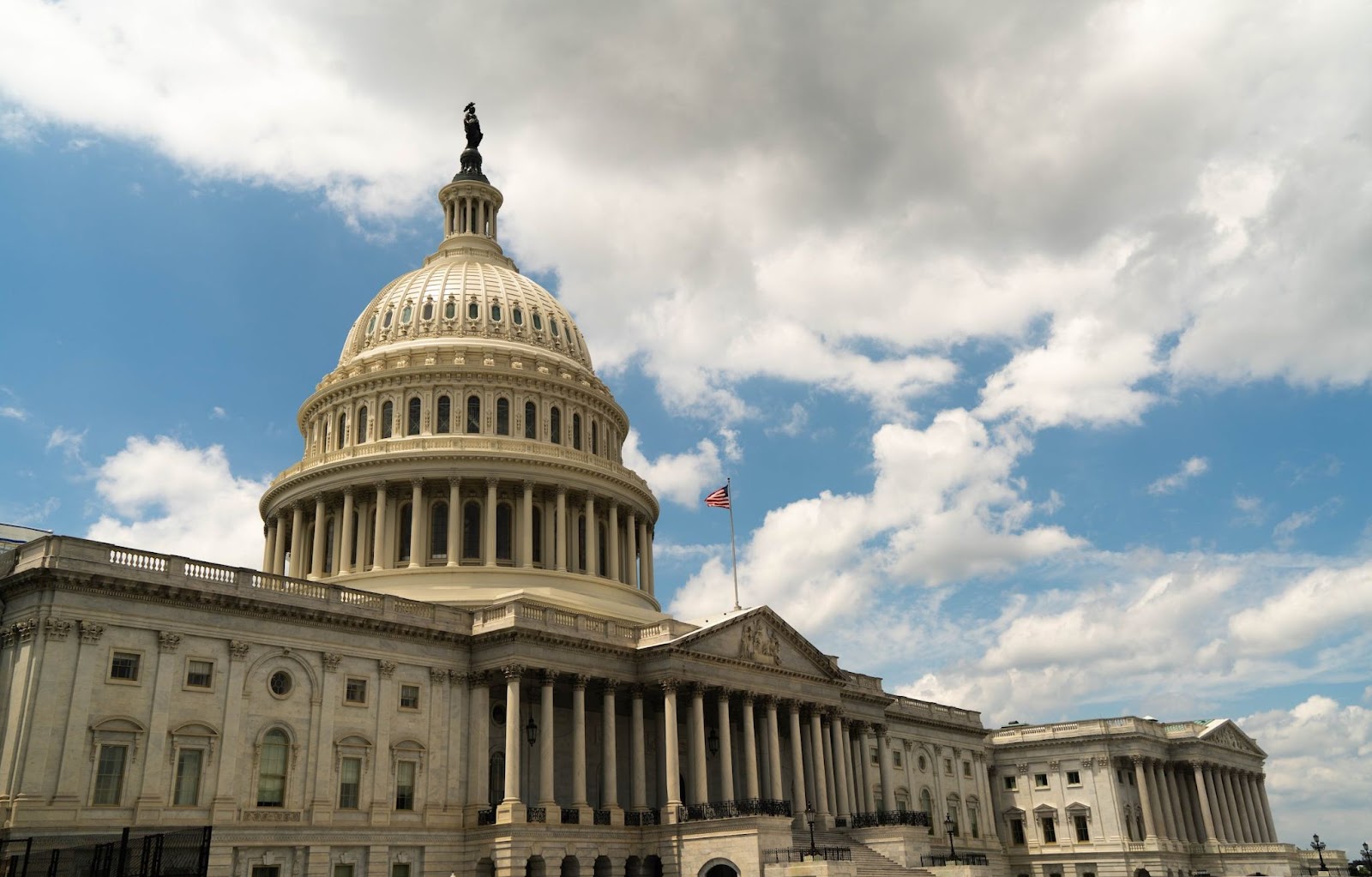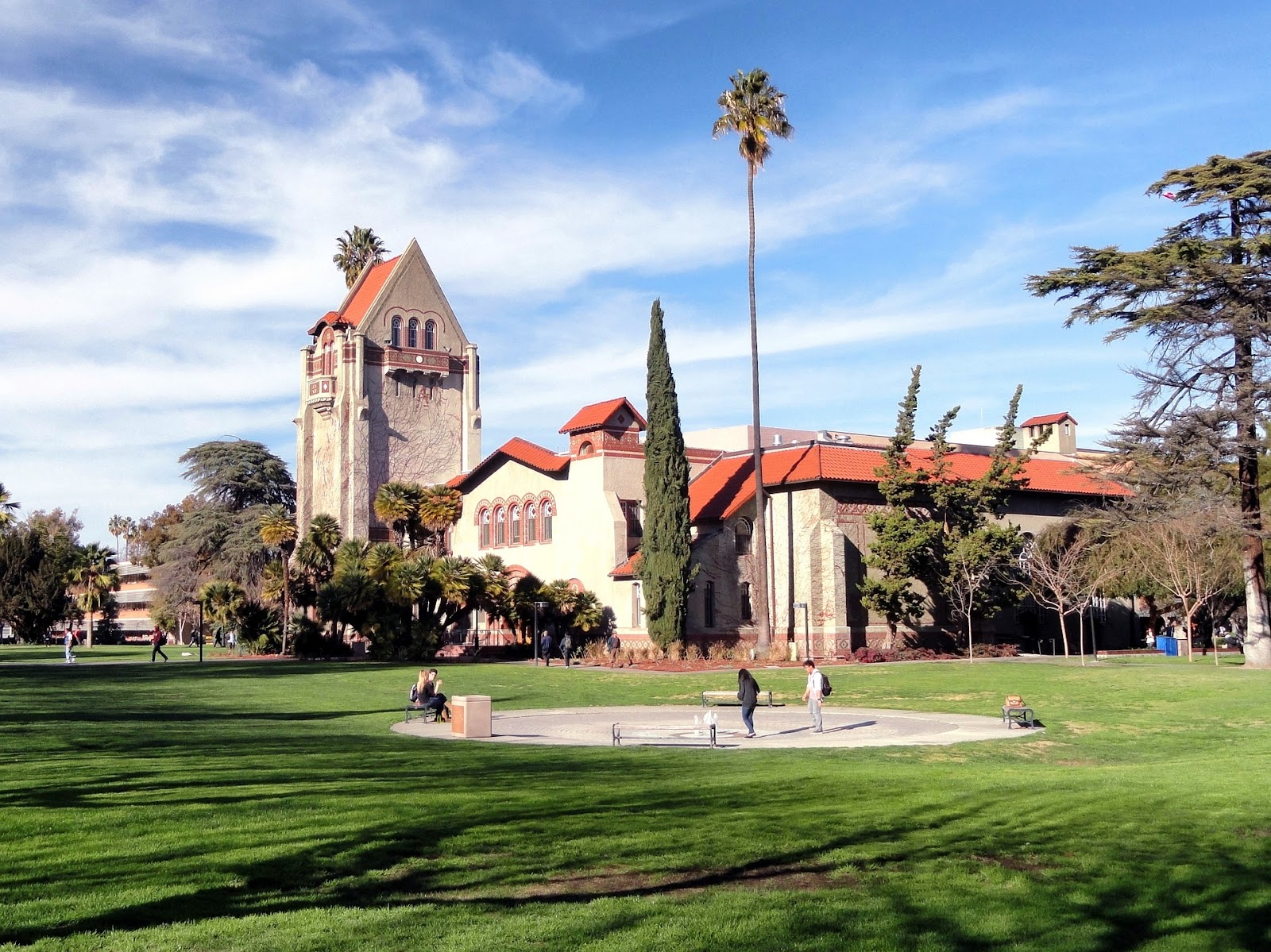The latest statistics reveal that California is experiencing a high rate of people moving out to neighbouring states compared to previous years. A study conducted by the Stanford Institute for Economic Policy Research (SIEPR) in October highlighted this exodus. Notably, more college graduates and individuals from every income level are part of the group leaving California for states like Arizona and Texas.
Despite this trend, it’s important to note that California still has the largest population among all states in the country, with over 39 million residents, accounting for 11.7% of the nation’s population. However, experts have observed that California’s population growth rate has been below average since 2000 and has even shown negative numbers in recent years (2021 and 2022). This pattern hasn’t gone unnoticed by residents and researchers.
California’s Population Trends and Migration Patterns
After the brunt of the COVID-19 pandemic, the state’s natural population growth increased. This considers the number of births in contrast to the number of deaths in California. The increase went from 87,400 to 106,900 from 2021 to 2022. At the same time, foreign immigration to the state rose from 31,300 to 90,300. According to the SIEPR study, a notable net of 407,000 residents making the move to another state showed a steep worsening of the issue between July 2021 and July 2022.
The cost of living in California is commonly cited as a reason why residents are choosing other states to live in. The study noted that this factor could negatively impact California’s job market, as well as its fiscal outlook. The study also recognized environmental policies and mandates as factors cited to be responsible for the withdrawal.

Factors Driving the Outflow and Its Implications
The SIEPR policy brief stated, “This is certainly not an argument for abandoning the state’s commitments to the California model [of setting aggressive green energy goals], but it suggests paying close attention to the choices that are made in the energy transition to avoid backlash and major economic losses… California can only be a leader in climate policy if it retains the support of a voting majority in the state and a sufficient level of economic vitality.”
According to the study, two-thirds of those who decided to leave the Golden State were not influenced by politics. With that being said, those who choose to leave do impact the political climate of the area they were previously residing in.
Crime was not cited as a reason behind the exodus for most residents who left, the study uncovered. The policy brief states, “The perception about higher crime in California, however, does not correspond with the facts and needs to be addressed more aggressively by Golden State political and business leaders.”
A senior at the nonpartisan think tank Public Policy Institute of California, Eric McGhee, weighed in on the situation. He told the Associated Press last year that California has been losing its population to other states for three decades now, stating it’s one reason why California is in (and may remain in) a period of stagnation.




































































































































































































































































































































